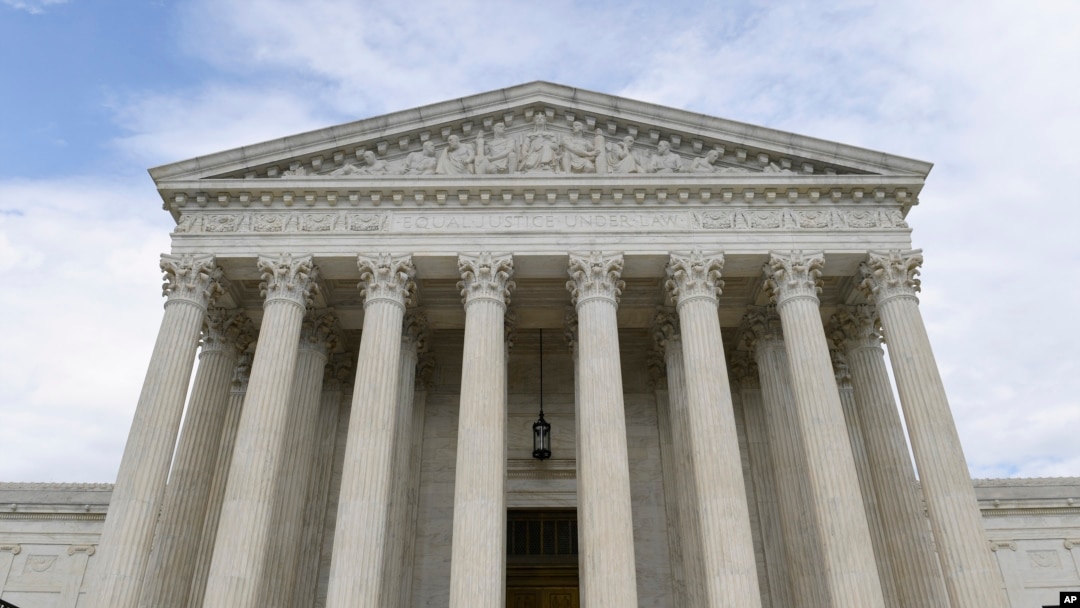A near-half century of Constitutionally protected U.S. abortion rights vanished June 24 with the U.S. Supreme Court announcing that document, according to the 5-4 opinion written by Justice Samuel Alito, "does not confer a right to abortion."
With that protection gone, Alito's opinion stated that "It is time to heed the Constitution and turn the issue of abortion to the people's elected representatives," meaning the legislatures of each of the U.S. states.
The case involved in the landmark opinion, Dobbs v Jackson Women's Health Organization, was a challenge to a State of Mississippi law banning almost all abortions after 15 weeks of pregnancy.
The outcome of that case was strongly suggested by the early May release of a draft ruling. The revelation of that triggered strong protests by abortion rights groups - as well as exultations by abortion opponents.
Your browser doesn’t support HTML5
Rage, Joy as Roe V. Wade Reversed
The five justices that felled Roe included three appointed during the term of former President Donald Trump, who announced during his 2016 presidential campaign that he intended to appoint anti-Roe Supreme Court members.
With this decision, a number of U.S. states with standing "trigger laws" establishing abortion bans now have legal clearance to impose and enforce them.
Meanwhile, there are other states, including Maryland and California, which are providing legal protections for pregnancy termination and say they will continue to do so.
But many legal issues remain to be addressed in the wake of this ruling. One is access to the so-called "abortion pill," which can be obtained directly or mailed to the recipient.
Some states have moved to try to make the sending of those abortion pills illegal, but with the mail in the hands of the federal U.S. Postal Service, this sets up a challenge between federal and state governments.
Another legal issue now at the forefront are efforts by some states to criminalize assisting a person in obtaining pregnancy termination, along with efforts to make it illegal for a pregnant woman to cross state lines to obtain an abortion.
Then there is the legal tussle over whether "life" - personhood - begins at conception. The State of Oklahoma has a "conception bill" that would indeed establish that.
This measure, and others like it, could cause significant impact to in-vitro fertilization, whereby an extracted egg is fertilized and the resulting embryo implanted in the recipient's uterus. Under "conception personhood" measures, the extra embryos involved in IVF procedures, now frozen or discarded, may be granted full legal protections to life.


